
The Attorney General and Minister of Justice, Dr Dominic Akurutinga Ayinne, has stated that his decision to discontinue some high profile cases was based on sound legal reason.
Dr Ayinne said he had conferences with defence counsel and the prosecution before he filed notices in court to discharge the accused.
The Attorney-General was speaking at press conference on Wednesday to explain the reason the trials were stopped.
Although the Attorney-General is not obliged by law to explain why a trial is discontinued, Dr Ayinne took the time to give detailed valid reasons for the actions taken by his office.
For instance, Dr Ayinne noted that a reassessment of evidence on record and the conduct of the judge in the lithovit fertiliser criminal trial involving Dr Stephen Kwabena Opuni, the former Chief Executive of the Ghana COCOBOD, and Mr Seidu Agongo, the Managing Director of Agricult Ghana Limited showed the case lacked.
In the case of Republic v. Stephen Opuni and another, he said, the entire case was built around the fact that an untested liquid fertiliser, Lithovit fertiliser, was purchased by COCOBOD and further that this fertiliser was not efficacious.
In the event, according to the case of the state, all sums of money spent by COCOBOD to purchase lithovit fertiliser caused a financial loss to the state.
Rather strangely, the Attorney-General noted not a single farmer was called by the prosecution to prove this fact.
On the contrary, officials at COCOBOD who were invited by the investigators, gave statements to the effect that Lithovit fertiliser was one of the most effective fertilisers purchased by COCOBOD and that farmers preferred this Lithovit fertiliser to the granular fertiliser.
More importantly, in the course of the investigation, Dr Ayinne noted that COCOBOD took statements from two farmers.
He said while one stated that he did not see any significant change on his farm, the second farmer stated that after using Lithovit fertiliser, he saw a significant increase in yield, and that Lithovit fertiliser is a very good fertiliser.
Again, in the course of the trial, the defence tended an official report from COCOBOD which covered field visits by COCOBOD officials.
He said the report, which was tendered, is to the effect that Lithovit fertiliser is a very good fertiliser and that farmers actually preferred that fertiliser to other fertilisers and was the fertiliser of choice in areas in which Lithovit fertiliser was supplied.
And that was clear evidence that contrary to the case of the prosecution, the use of Lithovit fertiliser rather increased yield.
Furthermore, he mentioned that the farmers who used Lithovit fertilizer, including the then national best farmer, in their evidence testified that that fertiliser use increased their yield and that it is a good fertiliser.
During the course of their investigations, the investigators had two reports from Ghana Standards Authority on Lithovit fertiliser.
He said the first report, which was later confirmed to have been done at the cosmetics department (the department which doesn’t have the mandate to test lithovit) of the Ghana Standards Authority, indicated that the sample of Lithovit fertilizer submitted for testing did not have any fertiliser ingredient in it.
This finding according to Attorney-General was challenged by the accused and the investigators, together with representatives of COCOBOD, and the suppliers of Lithovit fertiliser took a second sample from the warehouse of COCOBOD.
He said the sample which was again tested by the same Ghana Standard Authority, but this time, by the proper department with the mandate to test fertilisers, concluded that the samples taken was the fertiliser and that the fertiliser was efficacious.
Additionally, it was interesting to note that in this case, the complainant, Dr Adu Ampomah, who was the third prosecuting witness, lied under oath, to implicate the accused for which reason a perjury application was filed by Dr Stephen Kwabena Opuni against him.
He highlighted that the then trial judge, Justice Honyenuga, for reasons which were totally unacceptable, did not hear the application, but rather stated that hearing the application would prejudice hearing of the main case.
“He, therefore, adjourned the application until the conclusion of the case. This is most unacceptable because in a criminal trial it is important to hold the scale of justice evenly and any doubt raised must inure to the benefit of the accused,” he outlined.
He underlined that the judiciary was independent under the 1992 Constitution, and that in the context of criminal justice, judges demonstrate their independence by remaining neutral and impartial arbiters in disputes between the state and individual citizens.
He said the scales of justice must be held in a delicate balance between the obligation of the state to prosecute crime and the right of the accused to a fair trial.
Also, he said conduct by judges that undermines the fair trial rights of citizens should be concerning to the prosecution.
“Without meaning to impugn the integrity of any of the judges who were involved in the cases in respect of which I have either entered a nolle prosequi or withdrawn the charges, I am deeply concerned not only about the conduct of some of the judges but also concerned about the fact that the executive branch took certain actions that could be reasonably interpreted as inducements to convict the accused persons, ” Dr Ayinne added.
Moreover, he indicated that an ethical prosecutor must endeavour to protect the innocent and convict the guilty and one cannot do so if the judiciary is not impartial.
“When Justice Honyenuga single-handedly expunged otherwise exculpatory evidence from the record in the Opuni case and then proceeded to rule that the accused had a case to answer in his ruling on their submission of no-case, he was far from portraying a semblance of neutrality. Indeed, he directly undermined the fair trial rights of the accused persons,” he explain.
Again, when, in accordance with law and practice, Justice Anokye Gyimah decided he was going to hold a de novo trial in the same Opuni case, he was instantly transferred to Kumasi and the case was allocated to a new judge who then proceeded to adopt the proceedings.
Also, Dr Ayinne stated that the decisions by the executive branch of government to promote some judges who were sitting on some of the cases is very concerning. The perception whether true or not that is the promotion may be an inducement to convict the accused persons.
In the case of Dr Johnson Pandit Asiama, the Governor of Bank of Ghana, Dr Ayinne told journalists that there was an internal memo from the prosecution advising the former Attorney-General and Minister of Justice, Mr Godfred Yeboah Dame, to end the trial
BY MALIK SULLEMANA
The post Discontinuation of high profile cases based on sound legal reason – A-G appeared first on Ghanaian Times.
Read Full Story

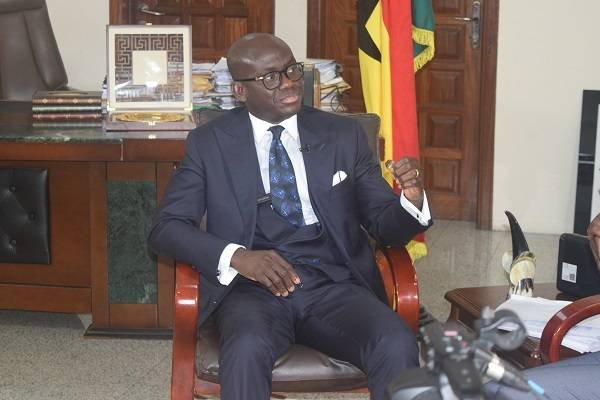
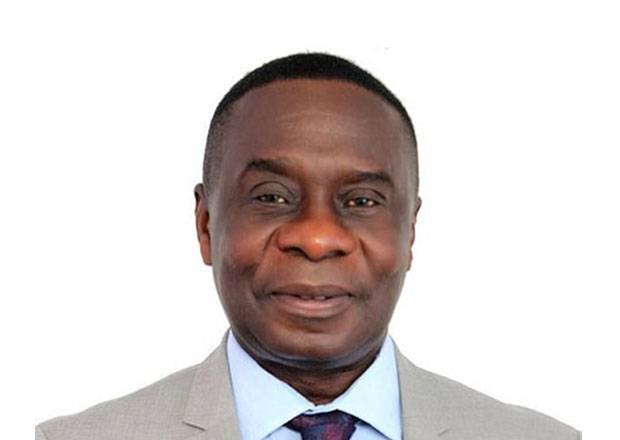


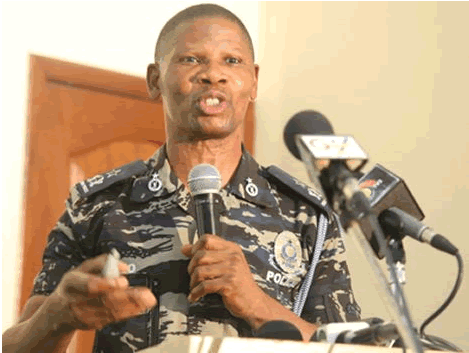





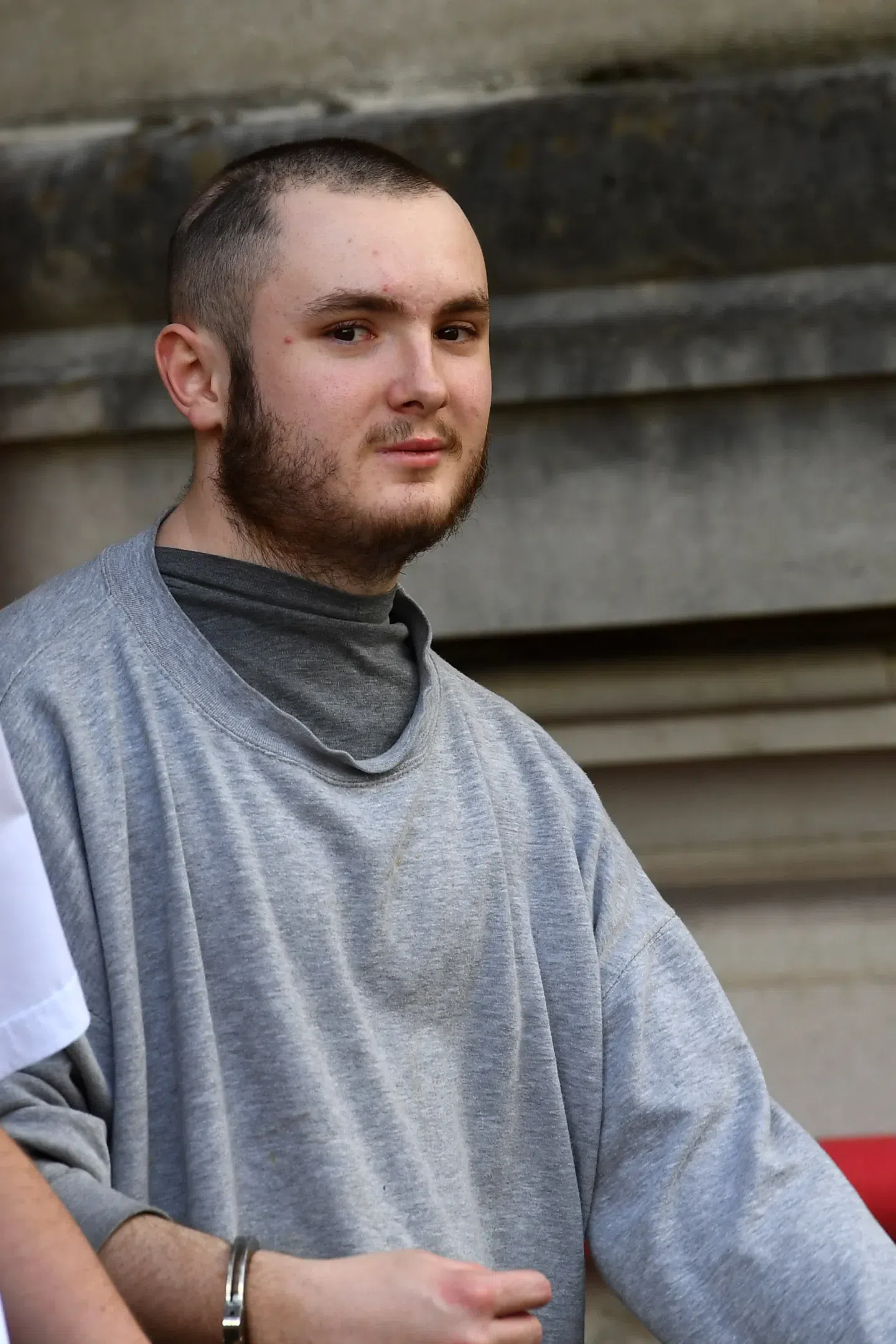



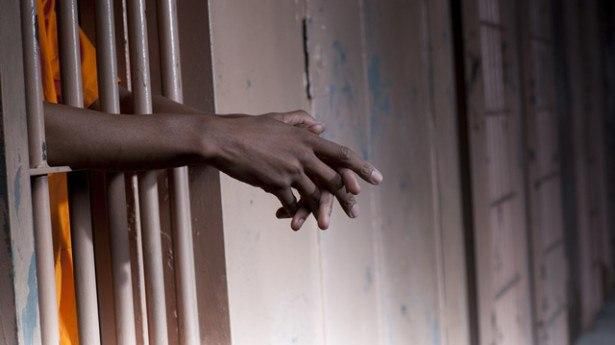




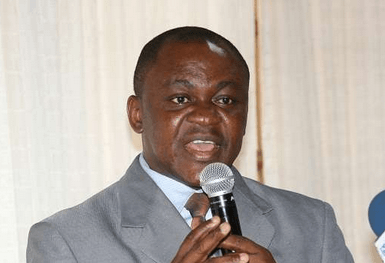
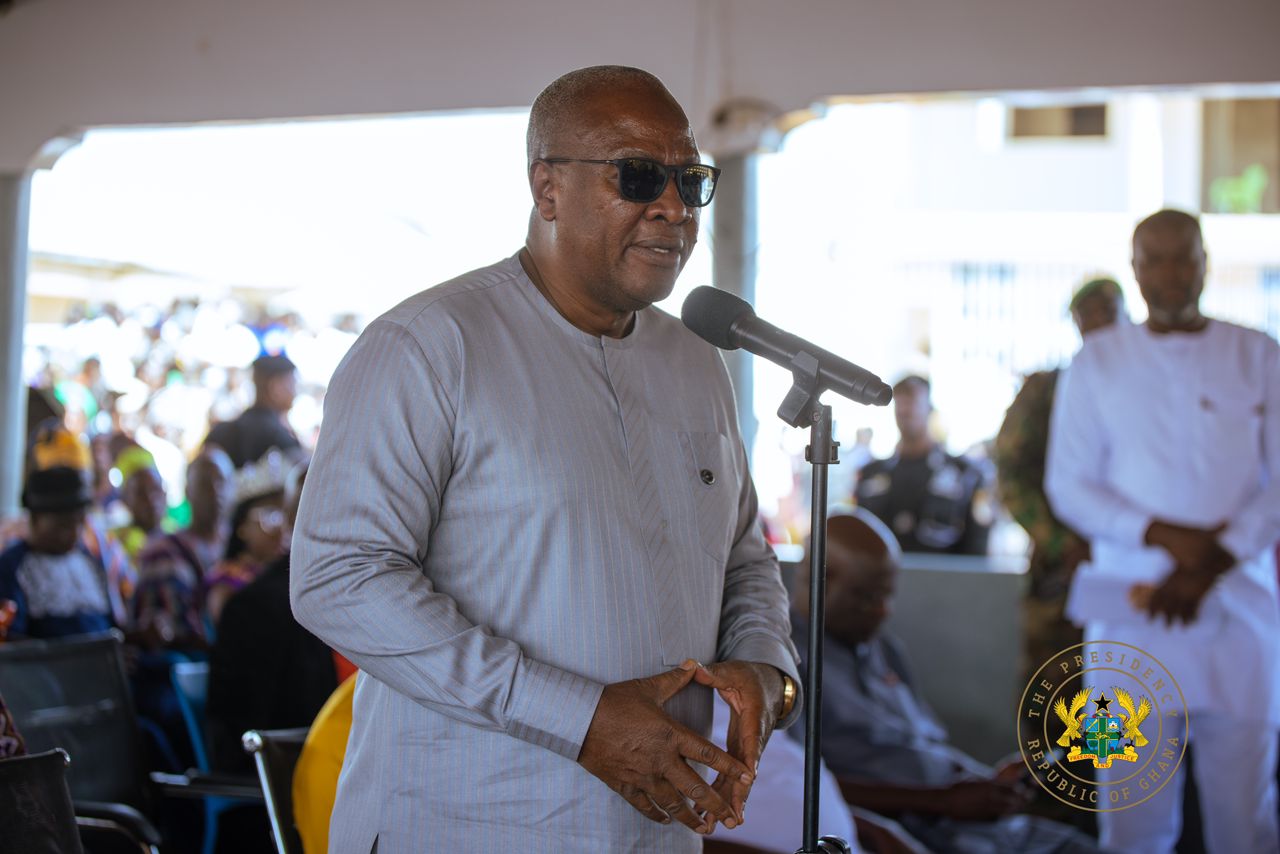
Facebook
Twitter
Pinterest
Instagram
Google+
YouTube
LinkedIn
RSS